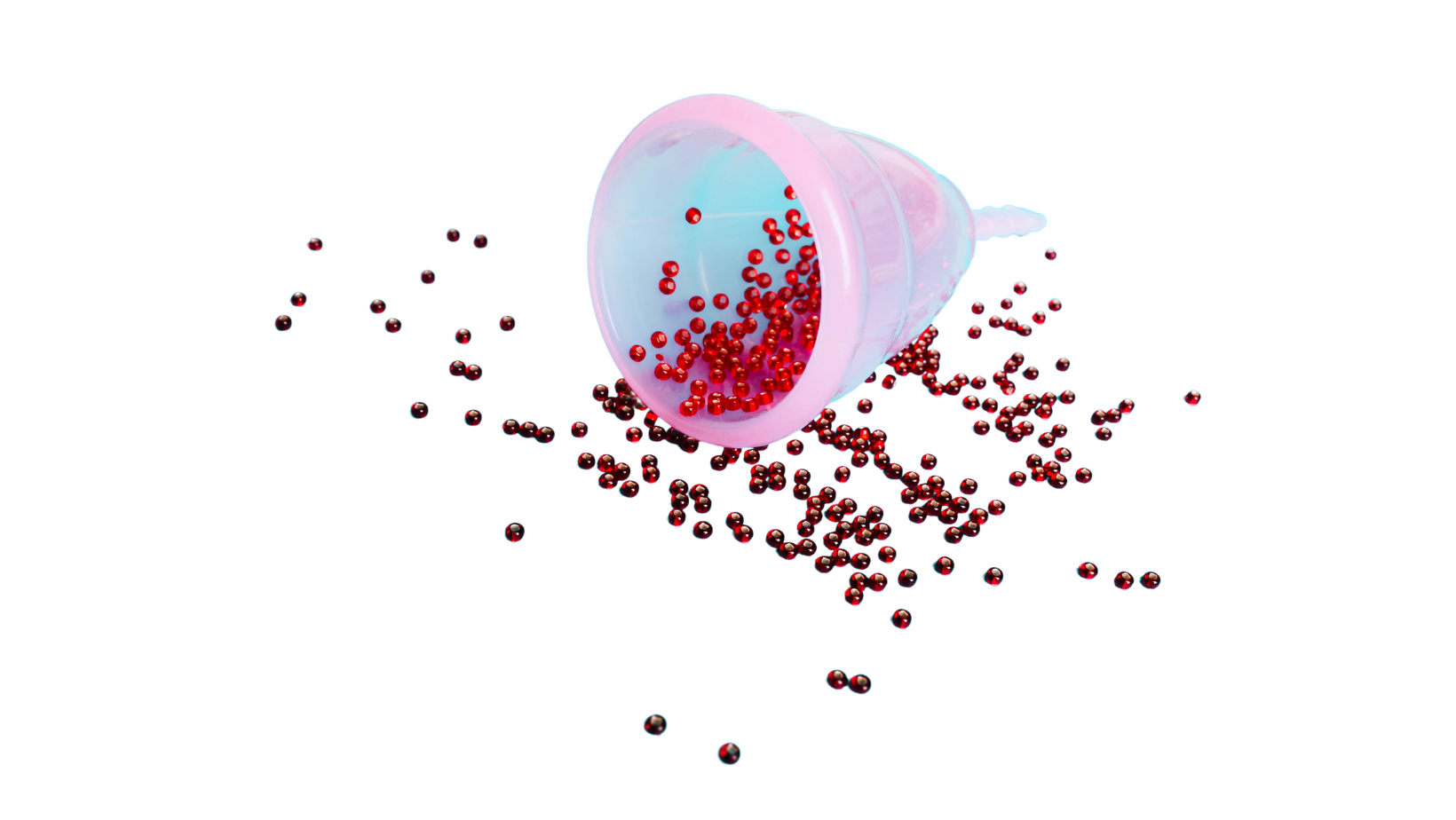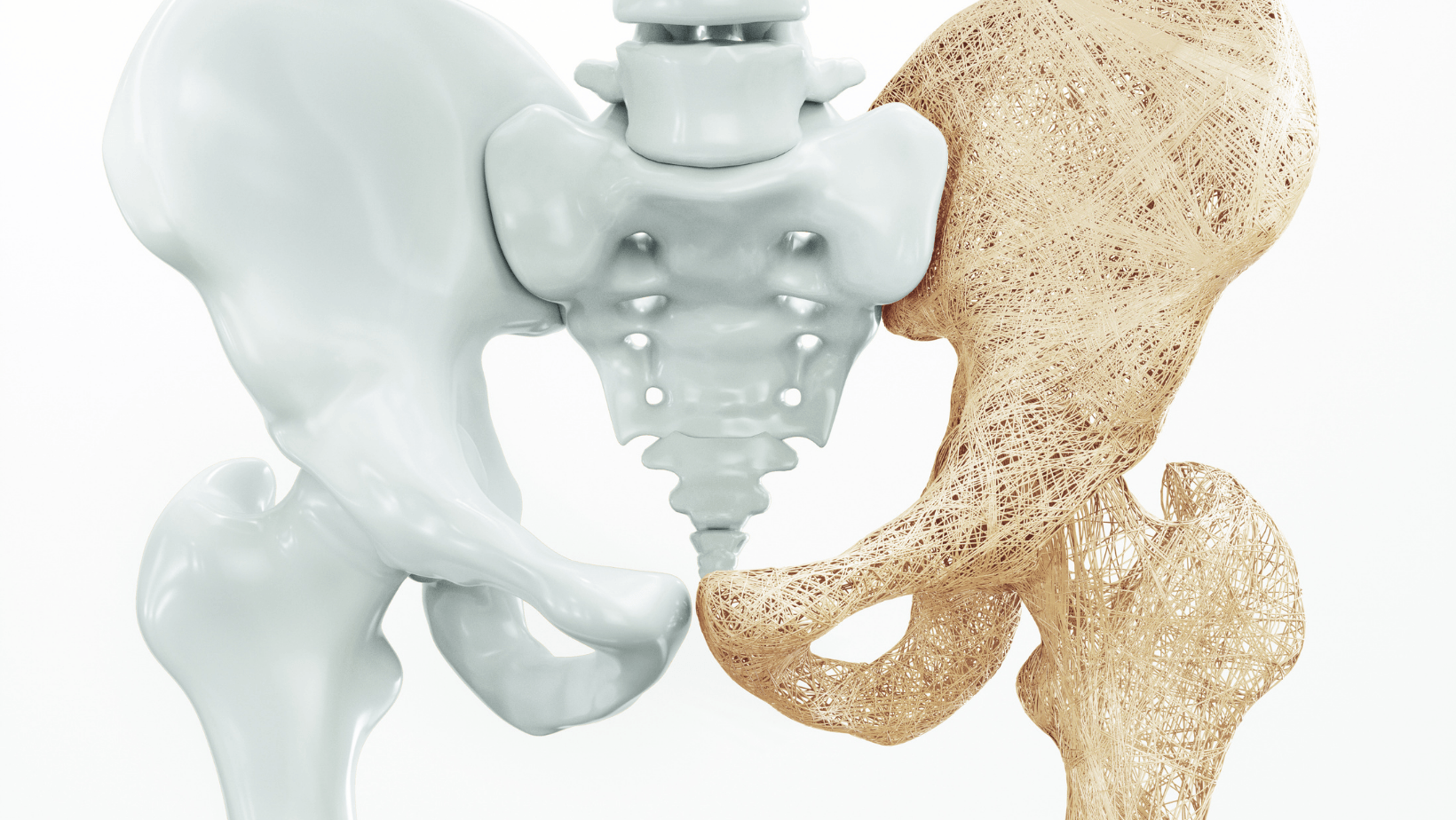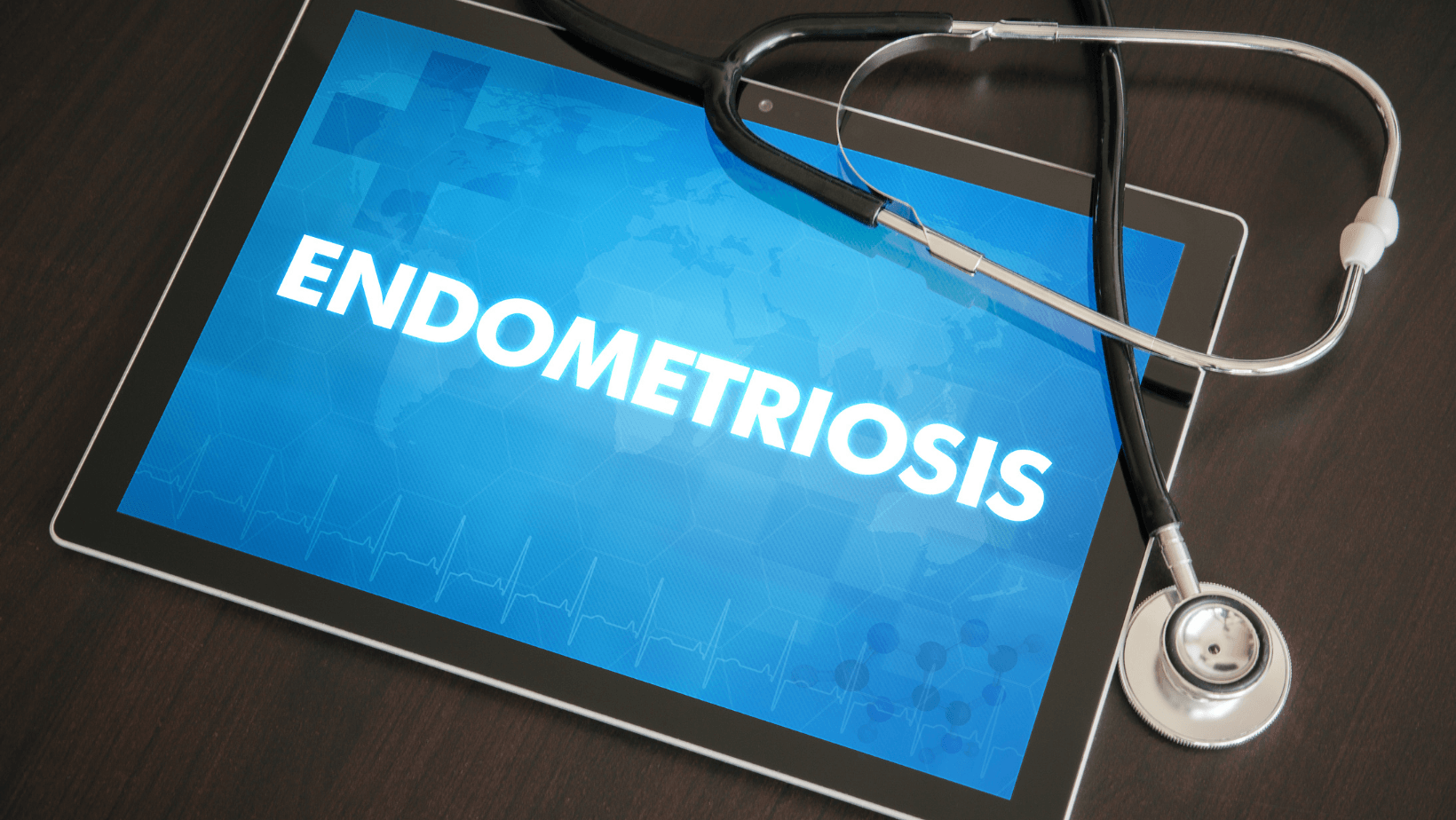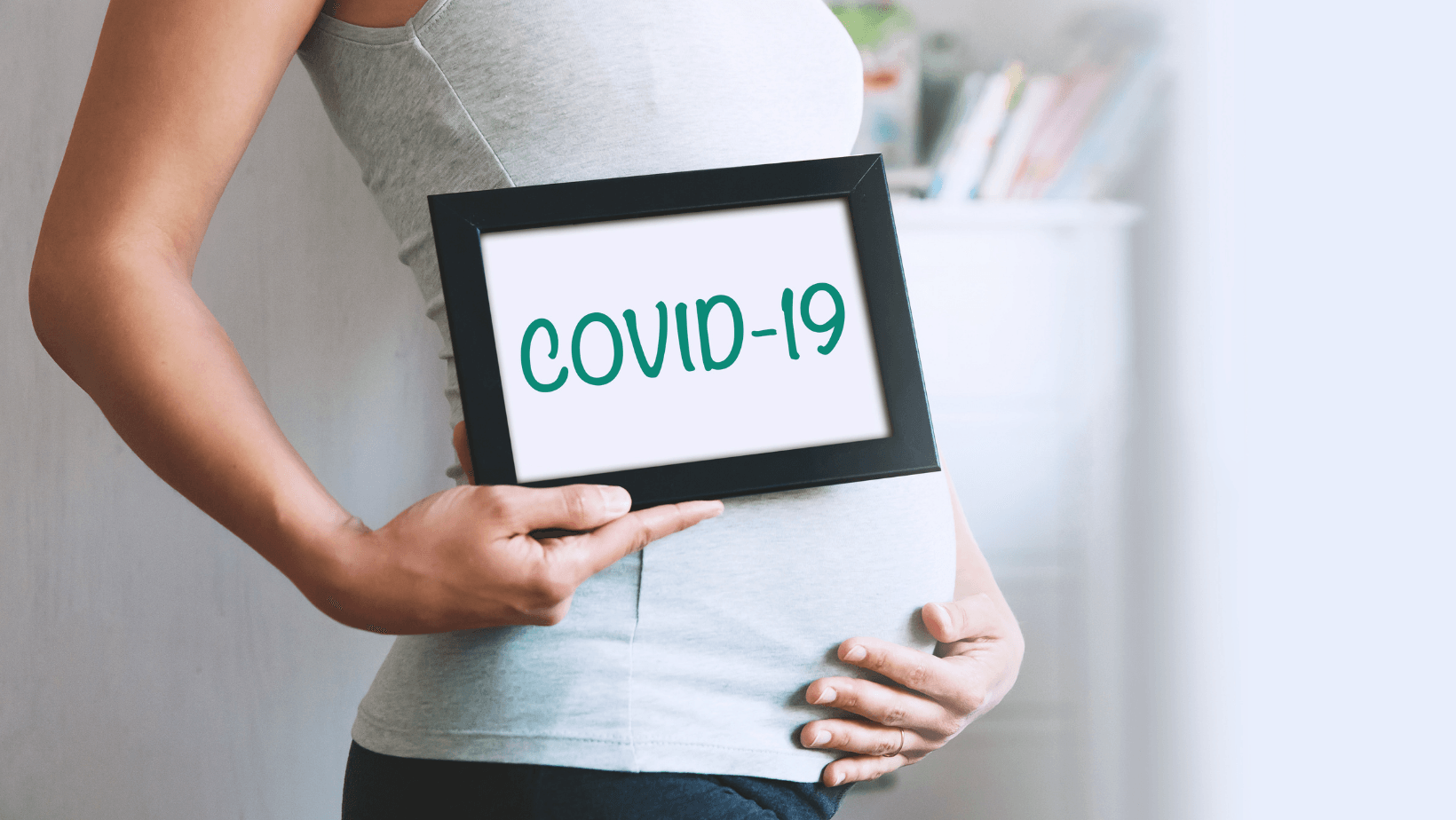Inflammatory Bowel Disease IBD - Avicenna Health
Inflammatory Bowel Disease (IBD)
Our article will be about an important disease in Gastroenterology; it is called Inflammatory bowel disease (IBD). IBD is divided into two main diseases; Crohn’s disease and ulcerative colitis.
This disease is widespread and has bad effects and complications if left untreated.
Definition of IBD
IBD is a chronic inflammation of the lining of the digestive tract. If the inflammation and ulcers are in the superficial lining of the colon and rectum, that would be Ulcerative Colitis, and if the inflammation is in the deeper lining, that would be Crohn’s disease.
Symptoms
Symptoms of IBD depend on the location and severity of the inflammation. It can vary from mild to severe symptoms.
There are periods of active disease (flares) and periods of remission.
The most common symptoms are:
- Diarrhea – it can be bloody
- Weight loss and loss of appetite
- Fatigue
- Abdominal pain and cramps
- Rectal bleeding – and this can cause iron deficiency anemia
- Ulcers in the mouth and around the genital area or the anus
In addition to that, people with IBD can have other problems and symptoms that are unrelated to the digestive system, such as skin disorders, eye inflammation, and arthritis.
Causes of IBD
The real cause of IBD is still unknown. But one plausible cause is an immune system malfunction.
Risk Factors
- Age – most IBD patients are diagnosed before they are 30 years old
- Ethnicity – whites have a higher risk of having IBD
- Family history
- Smoking
- NSAIDs overuse (like ibuprofen and naproxen)
When to see a doctor?
If you have severe symptoms and any of the complications of the disease.
For example:
1. Colon cancer
2. Eye, skin, and joints inflammation – arthritis, uveitis, and skin lesions
3. Blood clots
4. Bowel obstruction
5. Malnutrition
6. Fistulas – which mean an abnormal connection between different body parts
7. Anal fissures
8. Toxic megacolon
9. Colon perforation
Diagnosis
- FBC – we can find anemia
- Serum vitamin B12 and B9 (serum folate) – to see if there is a deficiency in these vitamins because of malabsorption.
- CRP and ESR – they are elevated
- Stool testing
- Abdominal X-Ray – it can show colonic dilatation, calcification, sacroiliitis, and abdominal abscesses.
- Colonoscopy and tissue biopsy
- Upper GI Endoscopy
- CT abdomen
- MRI abdomen\pelvis
Differential Diagnosis
- Infectious Colitis
- Pseudomembranous colitis
- Ischemic colitis
- Radiation colitis
- Intestinal tuberculosis
- Diverticular disease
- Pelvic inflammatory disease
- Irritable Bowel Syndrome
Management
The main purpose is to reduce inflammation, induce long-term remission and reduce the risk of complications.
- Drug therapy:
- Anti-inflammatory drugs
- Immune system suppressors
- Biologics
- Antibiotics
- Anti-diarrheal medications
- Pain relievers
- Vitamins
- Nutritional Support – if the weight loss is severe.
- Surgery – if drug therapy and lifestyle changes don’t relieve the IBD symptoms.
References
Mayo clinic
BMJ
WebMD
Healthline
If you have any concerns about non-emergent health conditions, you may schedule a telemedicine consult with Avicenna Health provider for individualized consultation.













